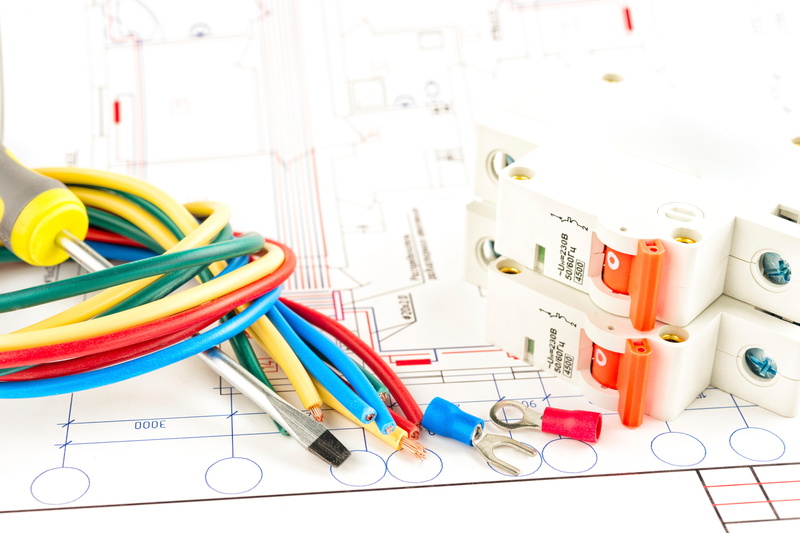
Outdated wiring in a home can pose significant risks and challenges, from safety hazards to trouble supporting the increased electrical demands of our daily lives. Because wiring remains hidden from sight, it’s often too easy to forget about aging wires and obsolete materials—until they begin to create inconveniences, serious hassles, and even dangers.
Today we’re going to give you a short primer about outdated residential wiring, including what types of wiring you may find in your home and how to tell when it’s time to seek professional electrical rewiring services in Springfield, OR.
The Dangers of Outdated Wiring
Electrical systems from decades past weren’t designed to handle the electrical loads of today’s homes. As a result, outdated wiring can lead to overheating, short circuits, and even electrical fires. Additionally, older wiring materials and methods may degrade over time, increasing the risk of electrical faults and failures. Ensuring that your home’s wiring is up to date is crucial for the safety of your family and the protection of your property.
Types of Outdated Wiring
There are several types of outdated wiring that you may find in older homes:
- Knob-and-Tube Wiring: Knob-and-tube wiring was commonly used in homes built before the 1950s. This system features ceramic knobs and tubes to support and insulate the wires. While it was a reliable method in its time, knob-and-tube wiring lacks a ground wire, making it less safe by modern standards. Additionally, the insulation on these wires can deteriorate over time.
- Cloth-Insulated Wiring: Used primarily from the 1920s to the 1960s, cloth-insulated wiring is exactly what it sounds like: wires insulated with a cloth material. Over the years, this cloth can become brittle and deteriorate, exposing the wires and increasing the risk of short circuits and electrical fires.
- Aluminum Wiring: Aluminum wiring gained popularity in the 1960s and 1970s. Aluminum wiring is more prone to oxidation and corrosion, which can cause overheating and potentially ignite a fire. Connections involving aluminum wiring can also become loose over time, further increasing the risk of electrical faults. Because of these risks, homes with aluminum wiring often require special attention and possibly even a complete rewiring.
Signs That You Need to Rewire Your Home
Frequently tripped circuit breakers or blown fuses are often the first indicators that your wiring can’t handle your home’s electrical load. If you notice dimming or flickering lights, it could be a warning of wiring issues or overloaded circuits. Outlets that feel warm to the touch or emit a burning smell are serious red flags you shouldn’t ignore. Additionally, if your home still has two-prong outlets, it means an antiquated wiring system that isn’t grounded.
If your home is over 30 years old and has never been rewired, have a professional electrician inspect the system, even if you haven’t noticed any obvious problems. A thorough inspection can reveal hidden issues that need addressing.
Work With a Professional Electrician
Upgrading your home’s wiring is not a DIY project. Our experienced electricians can assess your home’s wiring, identify potential hazards, and recommend the best course of action to ensure your electrical system is safe and efficient. Whether it’s replacing outdated aluminum wiring, upgrading an old knob-and-tube system, or addressing other wiring concerns, we have the skills and knowledge to handle the job safely and effectively.
